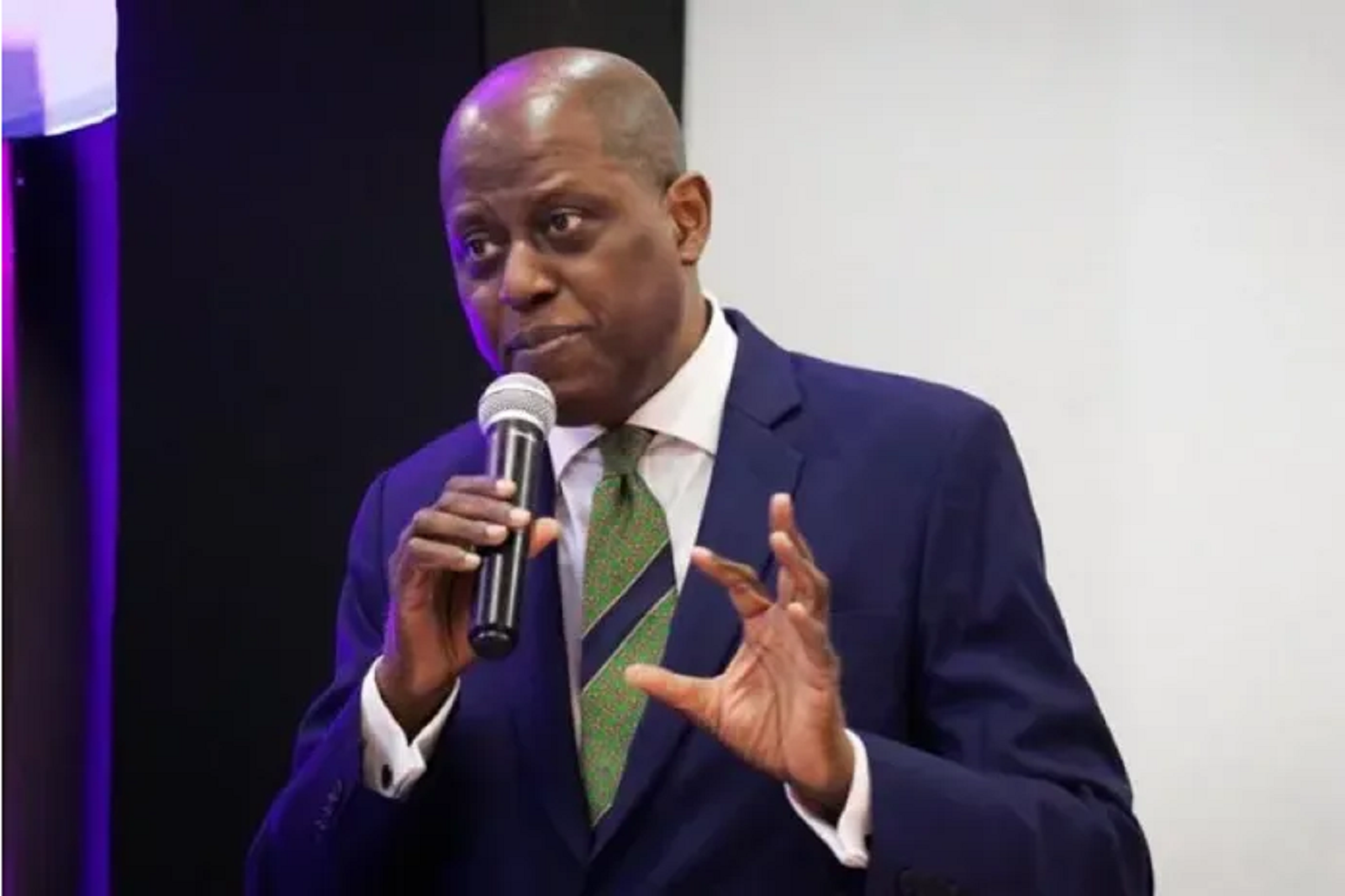Black Market Operators have welcome Cardoso with N960/$1 and the P2P now N970/$1.
NewsOnline Nigeria reports that the Naira experienced a historic low against the dollar, dropping to N960/$1 on Monday, following the recent appointment of Yemi Cardoso as Nigeria’s upcoming central bank governor.
In the burgeoning peer-to-peer market, where exchange rates are often set through cryptocurrency transactions, the naira slipped even further to N970/$1 in the early hours of Tuesday.
This decline crosses the previously observed rate of N960/$1 just last week. This slump in the exchange rate garnered the attention of various market stakeholders.
Conversations with black market currency dealers, as reported by Nairametrics, indicate a weakening exchange rate, closing around N960/$1 on Monday, compared to the N950/$1 rate observed at the close of the previous week.
This shift is symptomatic of an underlying volatility and imbalance in the forex market.
So far this month, the parallel market has seen a 4% decline in the value of the naira against the dollar. Forex traders attribute this trend to a shortage in dollar supply, a factor that is significantly impacting the exchange rate as demand continues to far outstrip available resources.
Further compounding the issue is the growing gap between official and black market exchange rates. As of the latest data, the disparity has widened to approximately N180/$1. The official NAFEX rate closed at N774.63, presenting a stark contrast to the rates in the parallel market.
I&E Window – A glance at the official Investor & Exporter (I&E) window shows the naira trading at an exchange rate of N773.98, although it spiked to an intra-day high of roughly N799.90.
- On the turnover front, the forex market saw transactions amounting to a modest $64 million, albeit an improvement from the $45.88 million recorded last Friday.
- An analysis of trading in September reveals that daily forex turnover has averaged about $77 million in the first 11 days, marking a decrease from the $90 million average observed over the same period last month.
Interestingly, despite steps taken to unify the exchange rate, there has been no significant uptick in forex turnover.
- This stagnation suggests that investors continue to conduct transactions outside the official market, further fragmenting the landscape and leading to inconsistencies in exchange rates.
- Insiders familiar with the forex market told Nairametrics that the Central Bank of Nigeria remains the largest supplier of foreign currency in the official I&E window.
- However, many businesses opt for the parallel or black market to execute their forex trades, lured by the more favorable exchange rates on offer.
The central question now is whether the newly appointed central bank governor, Yemi Cardoso, will be able to implement strategies that can stabilize the naira and lure investors and businesses back to the official market.
Optics
Taken together, these developments depict a turbulent forex market with varying impacts across multiple platforms, from the official channel to parallel and digital peer-to-peer markets.
- The landscape presents an onerous challenge for the Central Bank of Nigeria (CBN), which is bracing for a change in leadership in the coming months.
- Presidentially endorsed, Yemi Cardoso has been nominated as the successor to the current CBN Governor, Godwin Emefiele.
- Alongside Cardoso, the president has also nominated five individuals for the role of deputy governor.
- This overhaul at the top echelons of the CBN represents the first comprehensive leadership change in decades and comes at a time when the economy is wrestling with potential dollarization.
The incoming leadership faces a monumental task. While there are no quick fixes to the country’s forex woes, some analysts suggest that short-term relief could come from a boost in crude oil prices and an increase in crude oil production output.
These factors have the potential to enhance forex inflows, providing a temporary salve to the ailing economy.
Additionally, the Nigerian government is not limiting its options to domestic solutions. Officials are currently in talks to secure alternative funding through bilateral loans from countries such as the United Arab Emirates, India, and Saudi Arabia.
Although these loans may provide some level of fiscal breathing room, they are not a panacea for the structural imbalances affecting the forex market.














